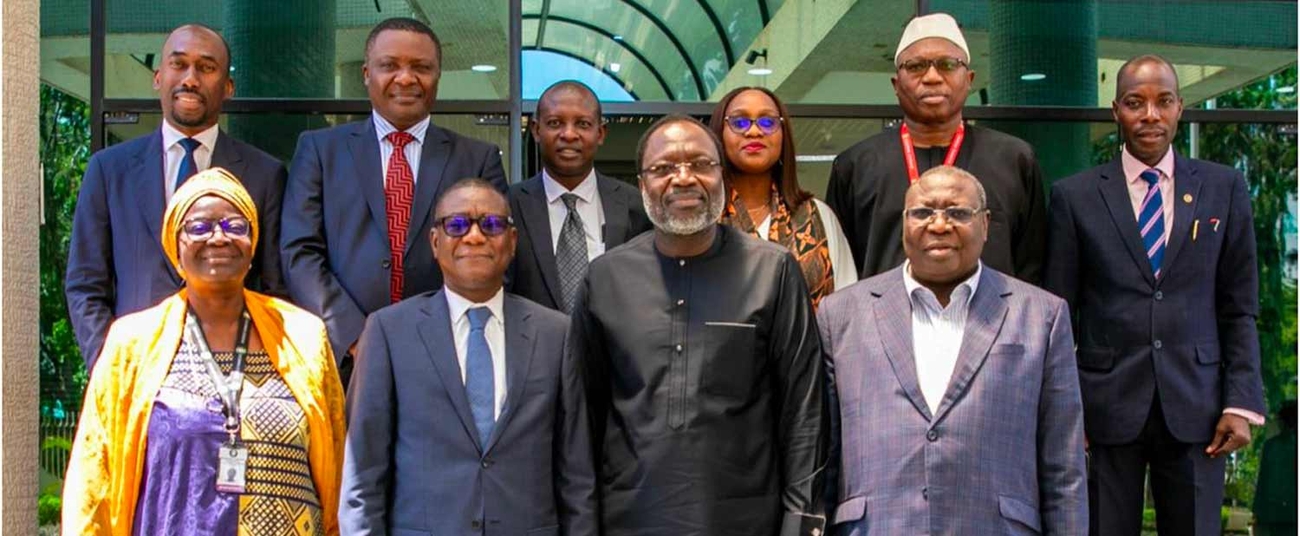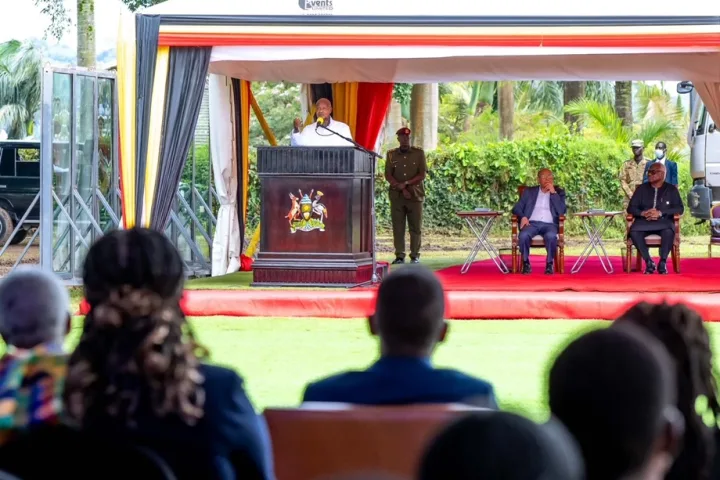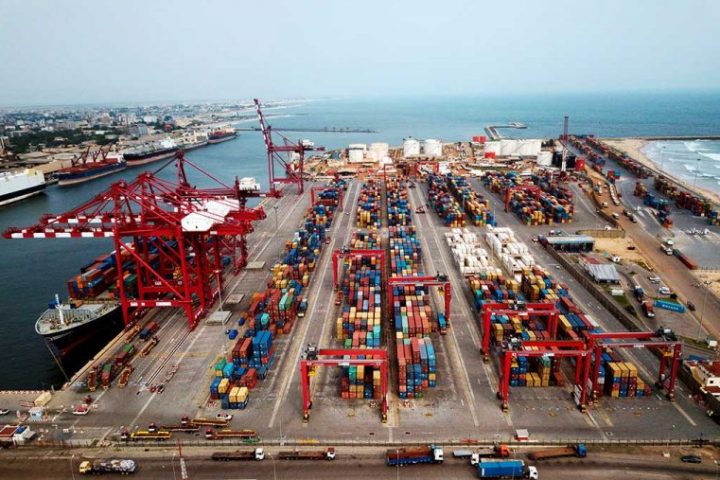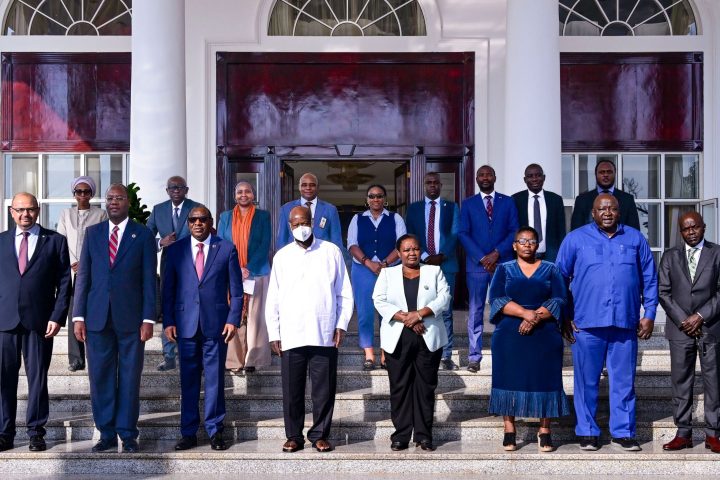In a pivotal meeting held at the headquarters of the ECOWAS Commission in Abuja, the Economic Community of West African States (ECOWAS) and the African Development Bank Group have reaffirmed their commitment to regional integration despite facing a multitude of challenges.
The mid-term assessment of the West Africa Regional Integration Strategy Paper (RISP) 2020-2025 has shed light on the progress and resilience required to navigate the evolving landscape of West African integration.
Join our WhatsApp ChannelDuring the September 5-15, 2023 consultations, representatives from both organizations delved into the heart of regional integration, discussing challenges, opportunities, and future prospects.
The discussions revolved around the strategic direction, priority projects, and the state of collaboration between the African Development Bank and ECOWAS.
Mr. Lamin G. Barrow, Director General of the Nigeria Country Department, who led the Bank delegation, emphasized the need for reflection, stating, “After three years of implementing our regional strategy in a context marked by a series of shocks, there was a need to take stock, draw lessons and propose corrective measures for immediate implementation over the remaining two years, that is, from 2024 to 2025.”
READ ALSO: Sterling, Union, Fidelity, Others Lose N12.2bn To Electronic Fraud In 6 Months- Interswitch
ECOWAS Commission President Mr. Omar Alieu Touray underscored the importance of cooperation, saying, “For regional integration institutions like ECOWAS, cooperation with the African Development Bank is essential, and implementation of the RISP is at the heart of our mandate. The challenges ahead are colossal.”
Intriguingly, the discussions also touched upon diverse topics, including economic affairs, agriculture, human development, social affairs, infrastructure, energy, digitalization, political issues, peace, security, transport, and information and communication technologies.
One of the highlights of the mission was the review of studies for the Abidjan-Lagos highway project, which is set to commence construction in early 2024. This 1028-kilometer highway will link Côte d’Ivoire, Ghana, Togo, Benin, and Nigeria, boosting regional connectivity and trade.
Under its Regional Integration Strategy Paper, the Bank has mobilized $884.14 million since 2020, covering 70 new operations, nearly doubling the initial project count.
Notable projects include the Rosso Bridge between Senegal and Mauritania, the Trans-Gambia Corridor, and the Niger-Algeria Trans-African Highway Project.
Youssouf Kone, Principal Regional Integration Coordinator for Central and West Africa, and Ometere Omoluabi Davies, Principal Regional Integration Coordinator for the Nigeria Country Department, presented the implementation status of various projects, lessons learned, and recommendations.
Topics covered innovative co-financing methods, resource mobilization, and enhancing public resilience.
Ms. Marie-Laure Akin-Olugbadé, the Bank’s Vice-President in charge of Regional Development, Integration, and Service Delivery, emphasized the importance of stability and peace in the region. She stated, “Without stability and peace, there can be no development and no regional integration.”
Emmanuel Ochayi is a journalist. He is a graduate of the University of Lagos, School of first choice and the nations pride. Emmanuel is keen on exploring writing angles in different areas, including Business, climate change, politics, Education, and others.



















Follow Us